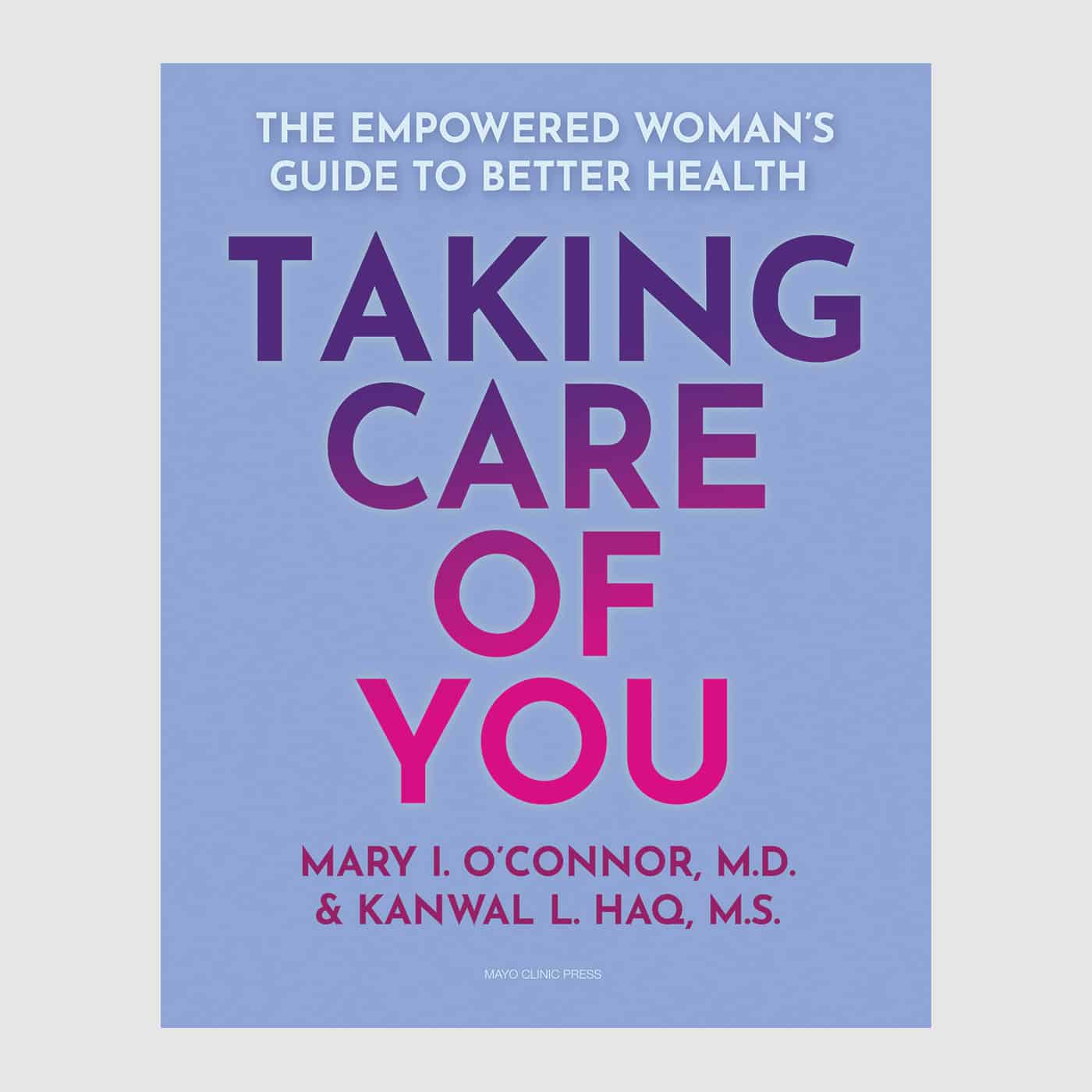
Many things get better with age: Wine, cheese, wisdom. But unfortunately, the liver is not one of them.
As you age and your metabolism decreases, eating like you used to as a teenager or young adult can lead to weight gain.
But drinking like you used to can lead to even bigger problems. Alcohol tolerance can be significantly diminished as people age, and the effects of alcohol can be exacerbated due to an array of factors.
“Alcohol is a toxin,” says Tyler S. Oesterle, M.D., M.P.H., a psychiatrist who specializes in addiction treatment at Mayo Clinic. “When we don’t process that toxin, when we are not able to clear it as quickly as we once could when we were young, we’re more susceptible to the damaging effects of the alcohol in the brain and in the body.”
A chief reason for these more damaging effects is changes in the liver — the primary organ that processes alcohol when it’s consumed. Older people are not able to metabolize alcohol as well as younger people because of a decrease in the activation level of specific liver enzymes.
“You just don’t produce as many enzymes or produce them as efficiently as you once did,” Dr. Oesterle says. “And throughout our lives, the liver has to process everything, all the crud that comes our way. And so we’re just much more statistically likely — from just living — to have a liver that’s just not as good as it was when we were young.”
The total amount of water in one’s body also decreases with age. This means that when alcohol is consumed, more of it ends up in the bloodstream, which amplifies its effects on the body.
Alcohol’s effect on the brain
Chronic alcohol use also can damage the brain and exacerbate the effects of certain diseases. Research has shown that excessive alcohol use can diminish white matter in the brain. White matter lies under the brain’s gray matter and is the network of nerve fibers that transmit information throughout the brain. Alcohol also can reduce brain volume overall.
While the causal relationship between frequent and heavy alcohol consumption in older adults and cognitive decline is not certain, research has shown a correlation between the two, especially in men.
One 2014 study examined alcohol use and conducted cognitive tests in 5,054 men and 2,099 women ages 44 to 69 years over a 10-year period. In men, the results showed that excessive drinking — or between 2 to 3 drinks a day — was associated with faster cognitive decline compared with men who drank only light or moderate amounts. The authors found their results were consistent with similar studies showing that moderate alcohol use in midlife is likely not harmful for cognition — but that heavy alcohol intake in midlife may have serious and harmful consequences for men. Women, however, did not experience the same correlation.
This is especially important as many adults are drinking in high amounts. According to the 2022 National Survey on Drug Use and Health, administered by the U.S. federal government, about 20% of adults 60 to 64 and about 10% of those 65 and older say they binge drink. Binge drinking is typically defined as consuming four or more drinks within two hours for women and five or more drinks within two hours for men.
Alcohol’s effect on medications — and medication’s effect on alcohol
Drinking while taking medications across a host of drug classes also can cause serious side effects in older adults, especially drugs with sedative effects. An array of over-the-counter medications can interact poorly with alcohol. These include aspirin, sleeping pills, heart drugs, acetaminophen (Tylenol, others), allergy medication, pain medication, and anxiety or depression medicine.
Certain medications and excessive alcohol can work in tandem to suppress or amplify the effects of the other. Alcohol can diminish the effectiveness of medications, and medications can amplify the effect of alcohol on the body.
Some interactions between alcohol and medication can be life-threatening. Mixing alcohol with opioids or benzodiazepines like diazepam (Valium) is one potentially deadly combination. Diazepam is used to treat anxiety and sleep disorders. It depresses the central nervous system by altering how neurotransmitters submit signals to the brain.
Alcohol’s effect on respiratory health, mental health and more
The effect alcohol can have on breathing in older adults taking opioids is stark. In one small 2017 study, when participants were given 20 mg of oxycodone, the amount of air entering their lungs decreased by 28%. When participants also were given an infusion of alcohol, this decreased by another 19%.
Elevated suicide risk is also a concern for those mixing antidepressants with alcohol, because alcohol may diminish the effect of antidepressants and make people more prone to act impulsively.
Other preexisting medical conditions also can get worse with drinking, including diabetes, high blood pressure, congestive heart failure and osteoporosis.
Finally, falling is a growing problem. From 2011 to 2019, the number of emergency department visits for falls associated with alcohol use increased in adults 55 and older. And alcohol contributes to 65% of falling deaths.
“The risks of falls in the elderly are quite traumatic for folks,” Dr. Oesterle says. “A fall at the age of 70 could mean a broken bone, broken hip or head trauma. And those are (potentially) life-threatening.”

Relevant reading
Taking Care of You
A practical and extensive resource guide for women who want to understand and take charge of their own health and healthcare, presented in short, focused, easy-to-read chapters.




















